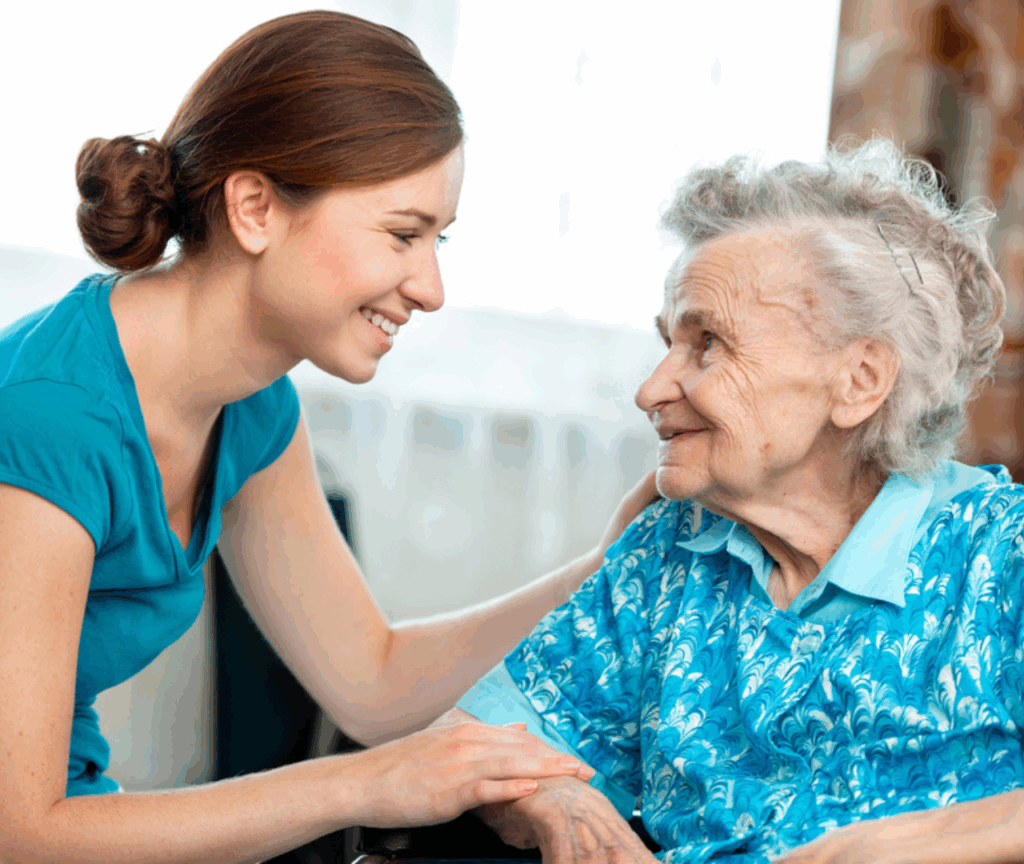Home care aides play a vital role in keeping seniors safe at home by providing daily support, monitoring health changes, and reducing risks of accidents or hospitalizations. Their presence allows older adults to age in place comfortably while giving families peace of mind. As the aging population grows, the need for these compassionate professionals becomes even more critical.
The Many Ways Home Care Aides Keep Seniors Safe
Home care aides contribute to senior safety and well-being in multiple ways:
- Assistance with daily tasks – Bathing, dressing, grooming, and meal preparation can become difficult or unsafe as mobility and strength decline. Aides ensure these activities are done safely, preventing accidents and ensuring proper hygiene and nutrition.
- Fall prevention – Falls are a leading cause of injury among older adults. Aides provide steady physical support, clear tripping hazards, and encourage safe movement throughout the home, reducing the risk of dangerous falls.
- Medication reminders – Many seniors take multiple prescriptions each day. Aides help keep track of medications, reminding clients to take the right doses at the right times, lowering the chances of skipped or doubled doses.
- Health observation – Because they spend so much time with seniors, aides are often the first to notice changes in appetite, mobility, behavior, or mood. These early observations allow families or medical professionals to intervene quickly.
- Companionship – Loneliness and isolation can have serious effects on senior health, contributing to depression, anxiety, and even physical decline. Aides provide daily conversation, engagement, and emotional support, which helps seniors feel connected and valued.
- Household safety – From light housekeeping to organizing living spaces, aides make sure homes remain uncluttered and easy to navigate. This minimizes risks and supports independence.
- Emergency response – Aides are trained to act quickly if a senior shows signs of distress or experiences an accident. Their calm presence and fast response can prevent small issues from turning into emergencies.
Through these services, home care aides create an environment that promotes both safety and independence for seniors who wish to remain in their own homes.
Why Home Safety Matters for Seniors
As adults age, daily living can become more challenging. Decreased mobility, vision changes, and chronic health conditions increase risks such as:
- Falls and injuries
- Medication errors
- Malnutrition or dehydration
- Hospital readmissions
A safe home environment makes all the difference in protecting senior health and maintaining independence. Home care aides directly address these risks by providing the hands-on support and supervision older adults need to thrive.
Personalized Care That Makes a Difference
Every senior has unique needs, and home care aides tailor their care to match individual circumstances. For example:
- A senior with arthritis may receive assistance opening containers, dressing, or cooking.
- Someone living with diabetes may benefit from meal reminders, blood sugar monitoring prompts, and support with healthy eating.
- A senior with dementia may need structured routines, redirection, and gentle guidance to stay safe and engaged.
This personalized support goes beyond physical safety. It protects dignity and fosters independence, allowing seniors to continue making choices about their daily lives while receiving just the right level of help.
Peace of Mind for Families
For many families, one of the hardest parts of caregiving is worry. Questions like “Did Mom eat today?” or “What if Dad falls while he’s alone?” can cause ongoing stress. Having a trusted home care aide provides reassurance.
Aides not only assist seniors but also communicate with family members about changes in health, mood, or behavior. This ongoing feedback helps families stay informed and act early if a concern arises. In this way, home care aides act as both caregivers and vital partners in family care planning.
Honoring Home Care Aides During Their Week
Each November, National Home Care Aide Week (November 12–18) recognizes the dedication and impact of these professionals. It is a time to celebrate their essential role in supporting seniors’ safety, independence, and overall quality of life.
This observance also raises awareness about the growing demand for home care aides as the population ages. By 2030, one in five Americans will be over 65, making the need for skilled, compassionate aides greater than ever before. Recognizing their work not only honors their contributions but also emphasizes the importance of investing in training, resources, and support for this critical workforce.
Final Thoughts
Home care aides are far more than helpers—they are lifelines for seniors and their families. By assisting with daily needs, preventing falls, monitoring health, and offering companionship, they make it possible for older adults to remain safely in their homes. At the same time, they ease the worries of families, creating a circle of care that strengthens both safety and peace of mind.
National Home Care Aide Week reminds us to thank these dedicated professionals and to acknowledge the vital role they play in senior care. As we look toward a future with more older adults needing support, investing in and celebrating home care aides is not just important—it is essential.

